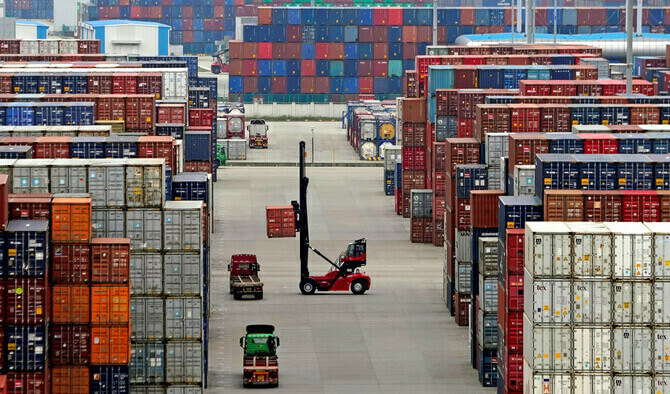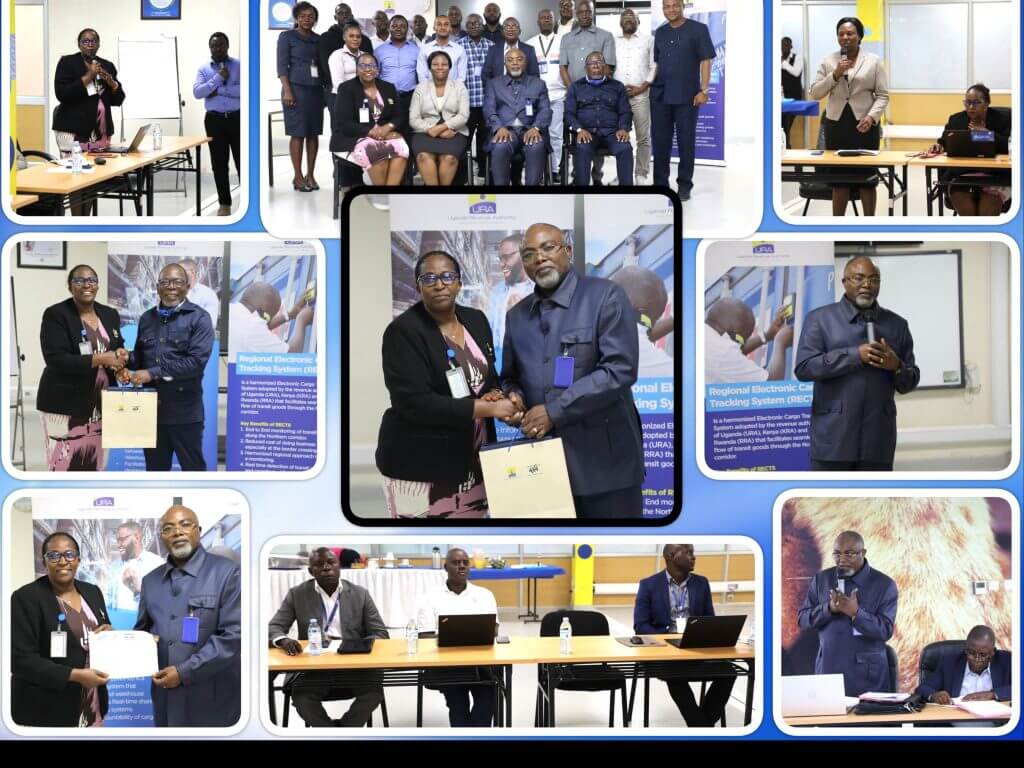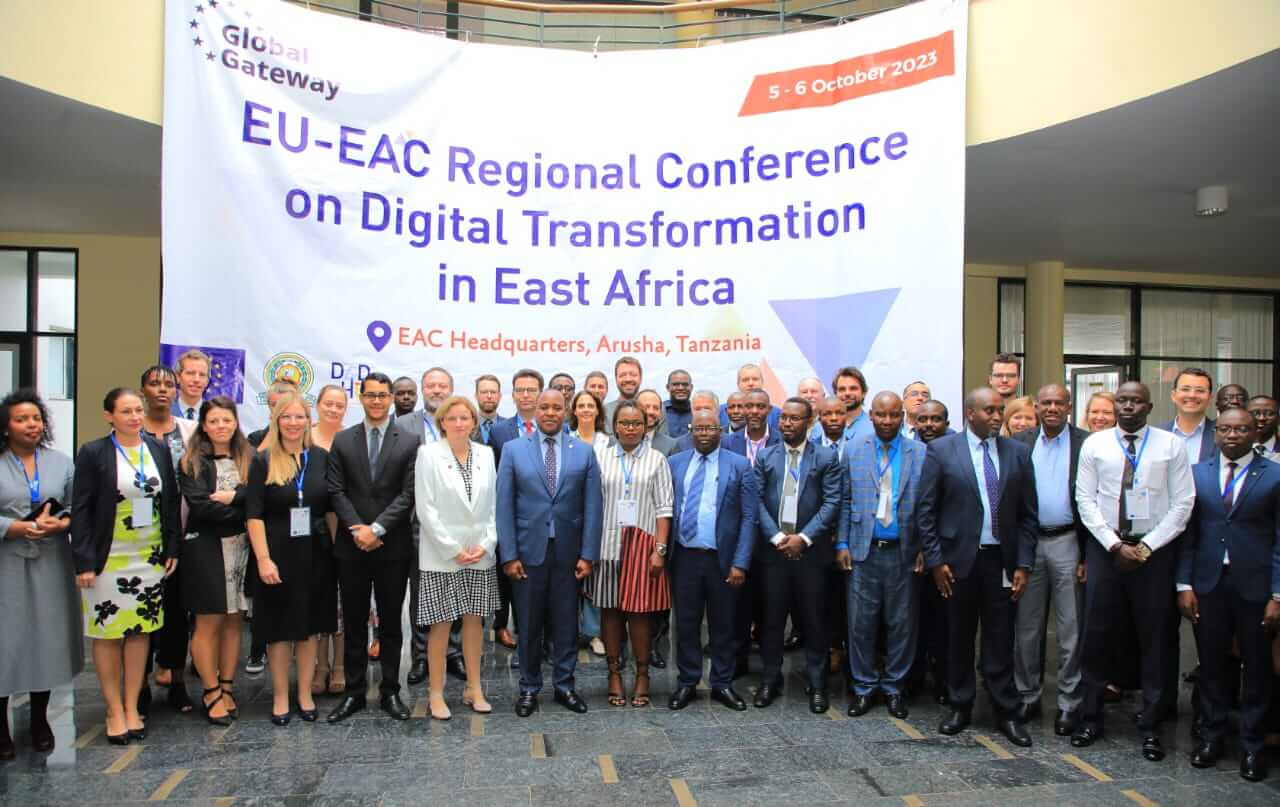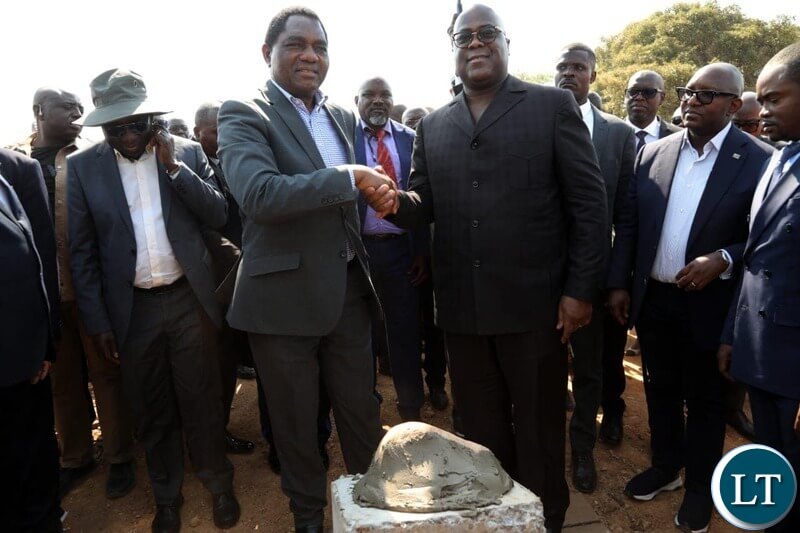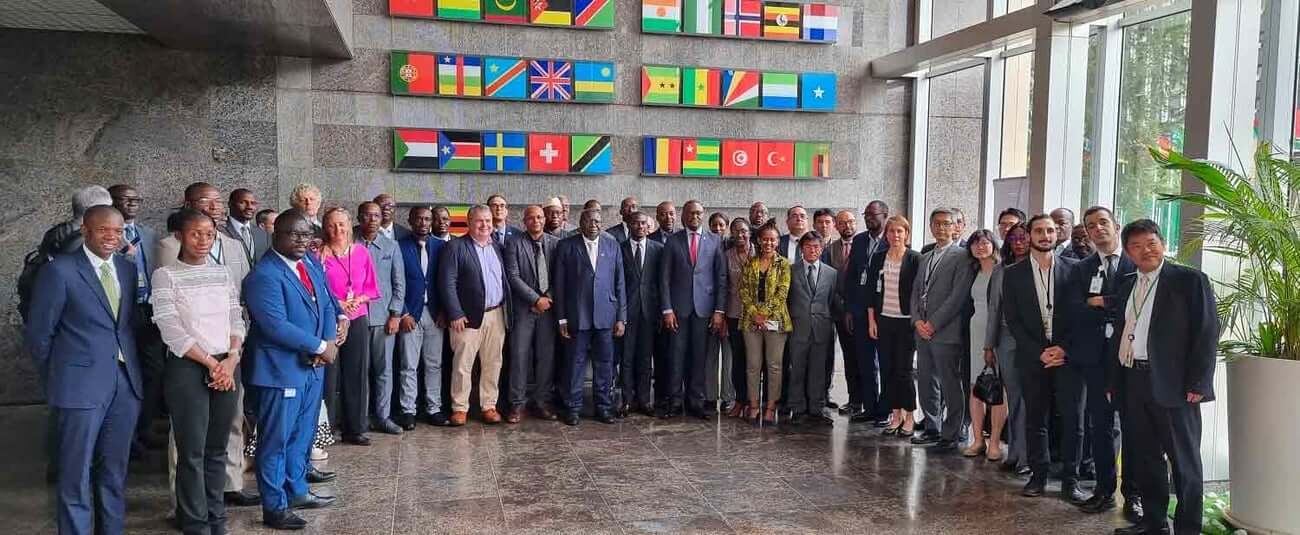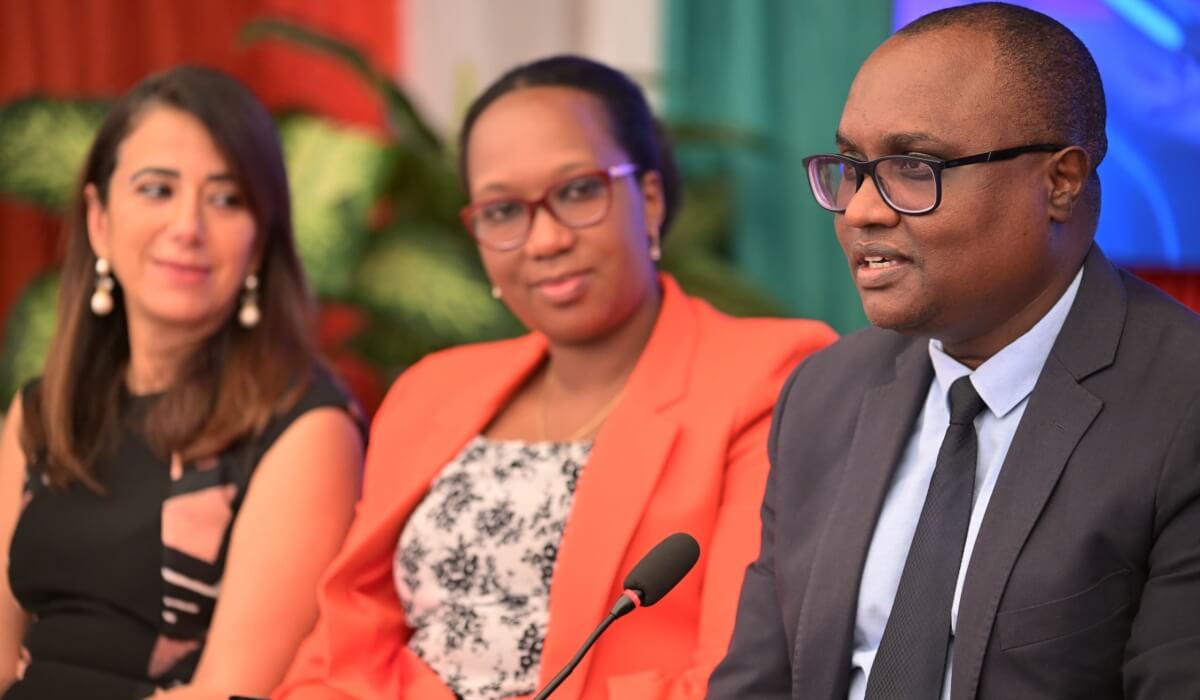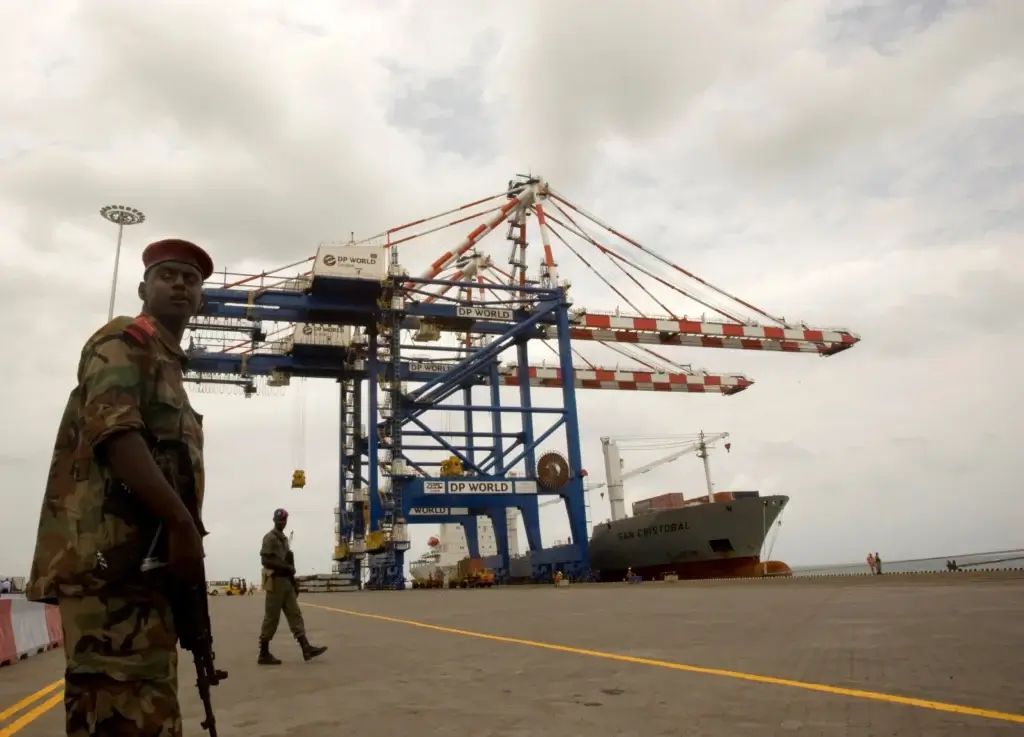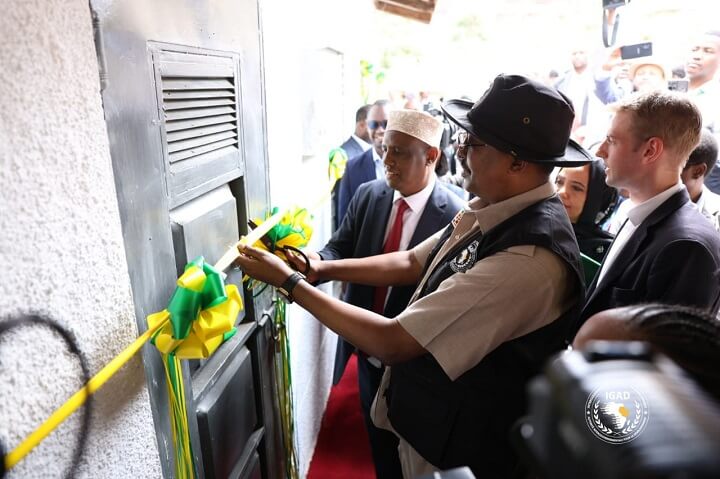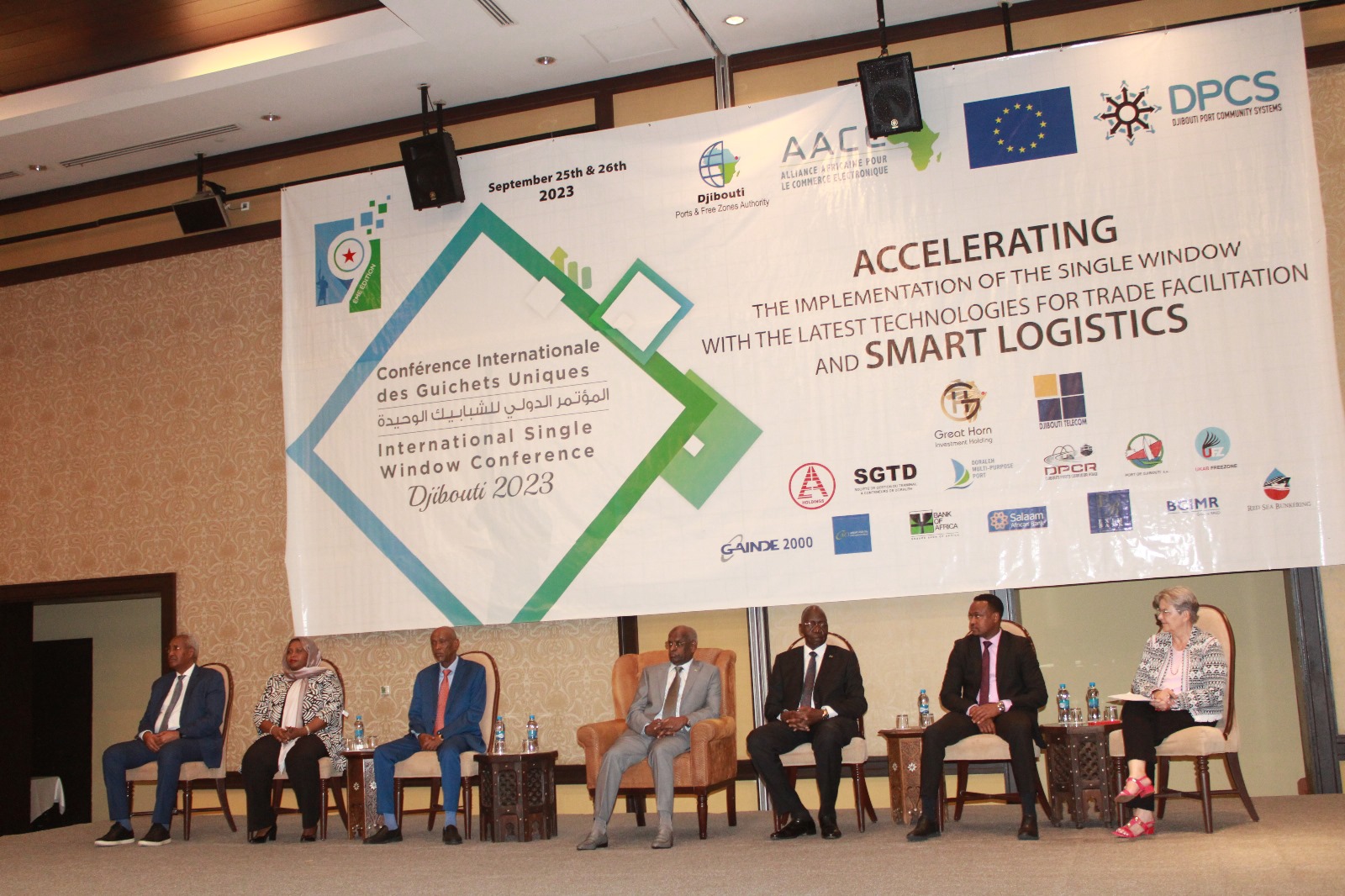For the uninitiated, a national single window (NSW) system allows traders and other economic operators to submit information to multiple government agencies through a single-entry point to fulfill all import, export, and transit requirements. The concept has been driven by the WTO’s Trade Facilitation Agreement, which came into force in February 2017. Article 10 (4) of the agreement advocates the establishment of NSWs to enable traders to submit data requirements through a single-entry point to regulating authorities. Achieving meaningful results in establishing single-window systems depends principally on building genuine stakeholder collaboration. Enabled through an Act of Parliament passed in 2021, the Pakistan Single Window (PSW) has made significant progress in improving the efficiency of Pakistan’s cross-border trade, having successfully integrated nine other government agencies, including Pakistan Customs, the Pakistan Standards and Quality Control Authority, the Department of Plant Protection, and the Ministry of Narcotics Control, among others. However, it is the NSWs’ ability to transcend borders that makes it genuinely remarkable, serving as a vital bridge between nations and their global trading partners. The single-window environment is a realm where innovation supports economic diplomacy, technology is the catalyst for smoother cross-border transactions, and collaboration among nations redefines the essence of global trade. NSW systems are evolving into a powerful instrument of international cooperation, enabling exchange of trade data across international boundaries in real time, reducing trade barriers, and promoting transparency on a global scale. In this article, we look at PSW’s multi-tiered international perspective as it seeks to leverage partnerships...
Single Window Interoperability: where innovation meets economic diplomacy
Posted on: October 13, 2023
Posted on: October 13, 2023

